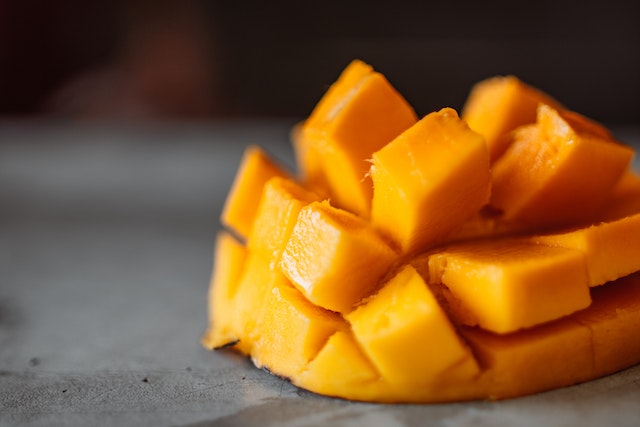Unveiling the Benefits and Considerations
Introduction:
Pregnancy is a special time when expectant mothers are cautious about their diet and seek foods that provide essential nutrients for their growing baby.
Mango, with its delicious taste and vibrant color, is a popular fruit that often raises questions about its suitability during pregnancy.
In this article, we will explore whether mango is good for pregnancy, discussing its potential benefits and considerations to help you make informed dietary choices.
The Nutritional Value of Mango:
Mangoes are packed with vital nutrients that can contribute to a healthy pregnancy.
Here are some key nutrients found in mango:
Vitamins and Antioxidants:
Mangoes are a rich source of vitamins A and C, both of which play crucial roles in supporting immune function, promoting healthy skin, and aiding in the development of your baby’s eyes, bones, and teeth.
Additionally, mangoes contain antioxidants that help protect against cell damage and support overall well-being.
Fiber:
Fiber is essential for maintaining proper digestion and preventing constipation, which is a common issue during pregnancy.
Mangoes contain a good amount of dietary fiber, which can help regulate bowel movements and promote a healthy gastrointestinal system.
Potassium:
Mangoes are a natural source of potassium, a mineral that helps maintain proper fluid balance, regulate blood pressure, and support healthy muscle function.
Adequate potassium intake is particularly important during pregnancy when blood volume increases.
Benefits of Consuming Mango during Pregnancy:
Nutrient Boost:
Including mangoes in your pregnancy diet can provide a nutrient boost, helping you meet your daily requirements for essential vitamins and minerals.
The vitamins and antioxidants found in mangoes can contribute to the healthy development of your baby and support your own well-being.
Hydration:
Mangoes have a high water content, which can contribute to your daily hydration needs during pregnancy.
Staying well-hydrated is crucial for maintaining healthy amniotic fluid levels,supporting proper blood circulation, and preventing dehydration-related complications.
Digestive Health:
The fiber content in mangoes can help alleviate constipation, a common issue during pregnancy.
Consuming fiber-rich foods like mangoes can promote regular bowel movements, prevent discomfort, and support a healthy digestive system.
Considerations and Moderation:
While mangoes offer numerous benefits, there are a few considerations to keep in mind:
Allergies:
Some individuals may have allergies to mangoes.
If you have a known allergy to mangoes or experience any adverse reactions after consumption, it’s advisable to avoid them during pregnancy and consult your healthcare provider for further guidance.
Moderation and Blood Sugar Control:
Mangoes contain natural sugars, so it’s important to consume them in moderation, especially if you have gestational diabetes or need to manage your blood sugar levels.
Monitor your portion sizes and consult with your healthcare provider or a registered dietitian for personalized guidance.
Pesticide Residue:
Like many fruits, mangoes may contain pesticide residue.
Whenever possible, opt for organic or locally sourced mangoes to minimize potential exposure to pesticides.
Thoroughly wash and peel the mangoes before consumption to further reduce any residue.
Conclusion:
Mangoes can be a delicious and nutritious addition to a well-balanced pregnancy diet.
They provide essential vitamins, antioxidants, fiber, and hydration, supporting your overall health and the healthy development of your baby.
However, it’s important to consume mangoes in moderation, considering any allergies, blood sugar control, and potential pesticide residue.
As with any dietary decision during pregnancy, it’s best to consult with your healthcare provider or a registered dietitian for personalized recommendations based on your specific needs and health conditions.


